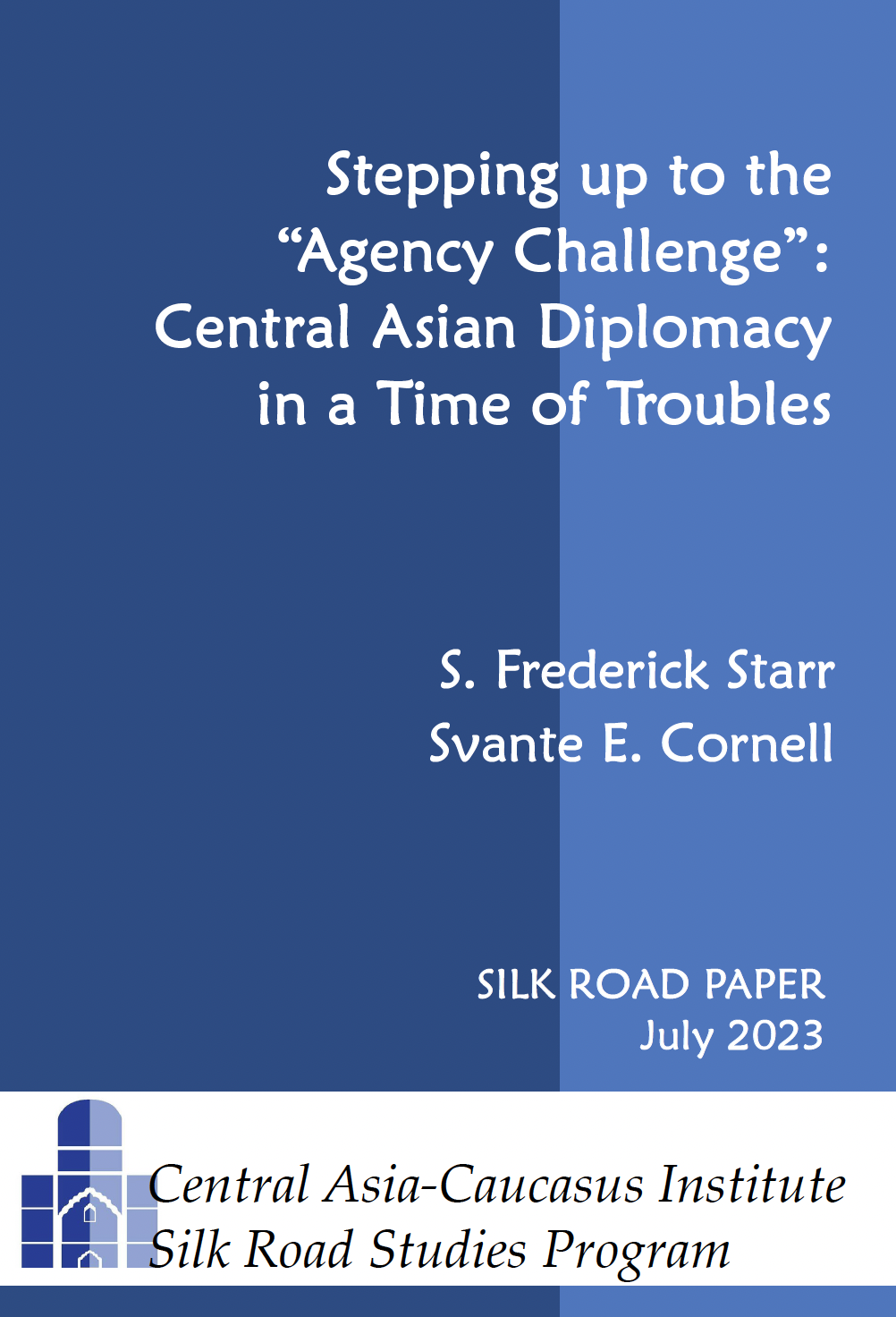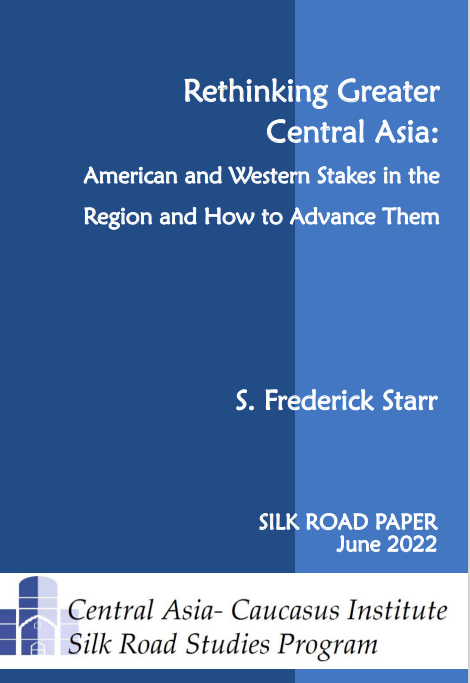Last year, more than a million people left Russia, marking what is likely the largest yearly emigration in recorded history. By way of comparison, emigration from Russia between 1917 and 1922, following the Bolshevik Revolution and the country’s ensuing civil war, totaled 1.5 million over half-a-decade. Fear of conscription into the Kremlin’s “special military operation” against Ukraine was a principal driver for last year’s exodus. The result has been a major outflow of younger and well-educated people in high-value industries– with significant long-term implications for both Russia’s economy and its society.
THE SHAPE OF THE EXODUS
Since the start of Russia’s invasion of Ukraine in February 2022, there have been two major waves of emigration. The first took place mostly during March 2022, and included wider segments of Russian society: from those who disapproved of the war to those who had pragmatic reasons, like jobs related to Western companies which they did not want to lose, to a larger group that was afraid they would be called upon to serve in Ukraine. The second, which started after Russian President Vladimir Putin’s September 2022 announcement of a “partial mobilization” to beef up Russia’s military ranks, was more targeted in nature and made up predominantly of those seeking to avoid the draft.
According to a recent study of the first wave of migrants, the average age was 32 – notably younger than the average age of the general Russian population (46). Among migrants, 86 percent held higher education degrees, as compared to a 27 percent average within the Russian population. Moreover, 27 percent of them could afford to buy car, compared to only 4 percent of ordinary Russians, suggesting that those migrants had better than average incomes while in Russia. Specifically, according to the Russian government, about 10 percent of the overall IT workforce (approximately 100,000) left the country in 2022, and have not returned.
Where have these immigrants headed? Russia's non-EU neighbor states have been the primary destinations. While the numbers are, by their nature, imprecise, the majority of those who have emigrated to date appear to have settled in Kazakhstan, Turkey, Georgia, and Armenia. Smaller numbers, meanwhile, have migrated to the EU, Israel, Kyrgyzstan and the U.S., as well as places like Serbia, Mongolia, and Argentina.
Notably, this trend has created a strong countercurrent. Finland, the Baltic states and Poland all enacted visa bans on Russian citizens in September 2022, while the EU as a whole has instituted restrictions on entry to Russians.
RISKS AND REWARDS
The out-migration outlined above will have a lasting impact on the Russian economy for years to come. Even before the start of Putin’s war, the national economy was facing an acute labor shortage as a result of long-term demographic trends, as well as a “brain drain” of skilled workers which has plagued the country since the 1990s. Now, the war-driven migration of educated Russians is making matters much, much worse.
This wave of migration will also have important and lasting impacts on the host countries where these Russians settle. On a positive note, they bring with them money and skills, thus contributing to local economies. But, since they tend to be wealthier than the majority of local populations, these migrants will invariably increase demand on local markets, thereby affecting prices. They have also caused serious pressure on real estate markets in host countries. Local labor trends are being affected, too; since not all of these migrants have jobs with Western companies, and they do not rank as the wealthiest Russians (those with unlimited financial resources), they gradually will need to find jobs in their host countries, increasing pressure on already uneasy labor markets in the process.
At the same time, these migrants bring with them both immediate and longer-term risks. First off, most of those who left Russia following the invasion of Ukraine did not do so because of their political convictions, or disagreements with the policies of President Putin. Rather, the great majority were escaping mobilization, and are merely draft dodgers. In other words, these Russians still rank as patriots, and so raise a real political concern. If allowed to integrate in the new host nations, these migrants will gradually gain electoral power, eventually impacting both domestic and international priorities, particularly in countries with small populations and narrow, contested elections, such as Armenia and Georgia.
Secondly, some of these migrants can be expected to already have connections with Russian security agencies, or to become targets of Russian recruitment in the future. After all, most will interact with their fellow Russian migrants, and some are already building lives, businesses and communities in host countries. Russia’s security services will have great interest in penetrating those communities, both to monitor the state of the opposition to the current regime in Moscow, and in order to manipulate local opinion. These communities could also easily become cells for espionage operations or instruments for Russian soft power projection down the road.
These are real and tangible threats which require sustained attention from the national security apparats of countries that are hosting Russian migrants now or will do so in the future. Moreover, the size of this potential problem could grow precipitously, depending on what course the Ukraine war takes – and the methods the Putin regime resorts to – in the weeks and months ahead.
Mamuka Tsereteli is Senior Fellow for Eurasia at the American Foreign Policy Council, and a Senior Fellow at AFPC’s Central Asia-Caucasus Institute.

 they are directed. Official statements by Central Asian governments and on-the-record comments by their officials touch on this question but cannot answer it, for they often gloss over the officials’ real concerns or present them in such watered-down generalities as to render them unrecognizable. In an effort to gain a better understanding of how Central Asian governments perceive American policies we have therefore turned to the Central Asians themselves, including senior officials, diplomats, business people, local policy experts, journalists, and leaders of civil society organizations. In all, we have conducted some fifty interviews. All our subjects spoke on the condition of strict anonymity and “not for attribution.
they are directed. Official statements by Central Asian governments and on-the-record comments by their officials touch on this question but cannot answer it, for they often gloss over the officials’ real concerns or present them in such watered-down generalities as to render them unrecognizable. In an effort to gain a better understanding of how Central Asian governments perceive American policies we have therefore turned to the Central Asians themselves, including senior officials, diplomats, business people, local policy experts, journalists, and leaders of civil society organizations. In all, we have conducted some fifty interviews. All our subjects spoke on the condition of strict anonymity and “not for attribution.
